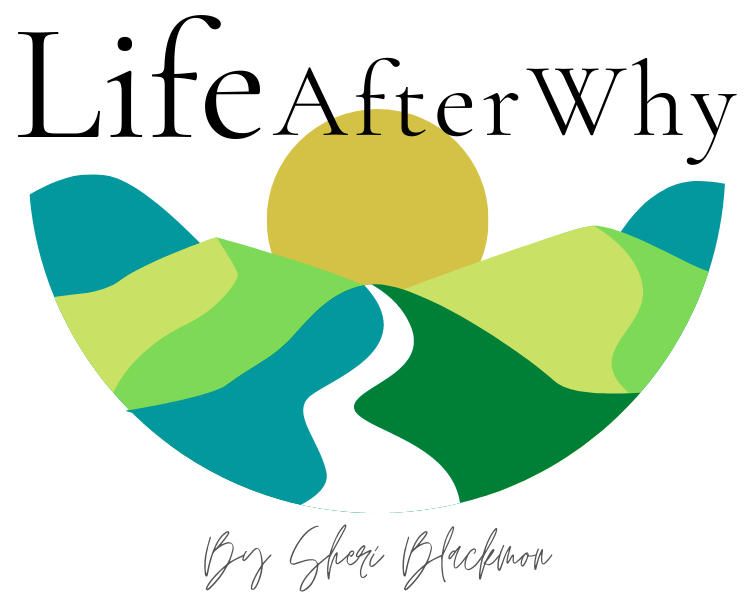The Power of a Small Choice
On Paying Attention to What Remains, Not Only What is Lost
I read a stirring account in Holocaust survivor Dr. Edith Eger’s excellent book The Choice about the moment she first discovers the power of choice and how this power carries her through the terror and trauma of Auschwitz. Hers is a story of extremity, but it’s a universal story that pertains to loss in general. Life is a string of losses, both minor and life-shattering, but the challenge is the same. No matter what disrupter we face, we have a choice that affects our happiness.
Edith and her sister, Magda, both teenagers, are new arrivals at Auschwitz as they stand naked for hours with shaved heads awaiting their uniforms. Their mother is already murdered by the infamous Dr. Mengele and their father, taken away somewhere, is probably dead too. Edith turns to look at her sister, who has somehow managed to stay at her side through the chaos of being processed in the camp. Run through the echoing showers, shorn, and sanitized, they stand dejected under the eyes and taunts of the officers. Edith observes her sister:
“She shivers as the sun falls. She holds in her hands her shorn locks, thick strands of her ruined hair. We have been standing for hours, and she grips her hair as though in holding it she can hold on to herself, her humanity.
Magda finally speaks to me. ‘How do I look?’ she asks. ‘Tell me the truth.’
The truth? She looks like a mangy dog. A naked stranger. I can’t tell her this, of course, but any lie would hurt too much and so I must find an impossible answer, a truth that doesn’t wound. I gaze into the fierce blue of her eyes and think that even for her to ask the question, ‘How do I look?’ is the bravest thing I’ve ever heard. There aren’t mirrors here. She is asking me to help her find and face herself. And so I tell her the one true thing that’s mine to say.
‘Your eyes,’ I tell my sister, ‘they’re so beautiful. I never noticed them when they were covered up by all that hair.’ It’s the first time I see that we have a choice: to pay attention to what we’ve lost or to pay attention to what we still have.
‘Thank you,’ she whispers” (38).
A simple compliment restores her humanity, and that’s what they both need to survive. It all starts with the small choice of a sixteen-year-old.
We are defined both by what we still have and what we have lost. Paying attention to what we still have is not a matter of ignoring or submerging a loss. That carries its own dangers as Edith finds out after the war when she tries to push the horrors out of her mind. She later realizes that she has to face and work on her emotions, a life-long and uneven, but ultimately healing process. Do we pay attention to both?
According to The Oxford English Dictionary the word “pay” is not a transaction—as in paying a debt— but it means to render, bestow, or give, and what’s bestowed can be attention, a compliment, or allegiance. The idiom conveys a voluntary action of noticing and focusing on something valuable. When we discover what’s worth paying attention to, we invest in making that a focused state of mind.
Paying attention to what we still have is not a choice people can make for us; it’s ultimately our choice. Others can hold it out as an invitation offered in humility. They may try to encourage us with statements like, “At least you still have …” or “Look at it this way!” like Edith did for her Magda, but these are less effective, just as change from the outside is less effective than change from within. The choice comes from the center of our motivations, the heart. Change from within sticks.
Choice is like a camera lens shifting its focus from macro to wide angle and back to macro. It still sees the item in the macro lens, but it’s smaller, less defined, and less imposing. The focus is more expansive, more embracing. It sees the debilitating reality of loss but also a faint hint of what remains. Then the lens zooms to what remains and it magnifies ever so slightly, like a lens apprehending the iridescent wings on a horsefly or the geometric perfection of a common flower. Something within lifts. The lens finds something small, solid, and true.
What do you pay attention to?
Source cited:
Eger, Edith. The Choice. New York, Simon & Schuster, 2017.
